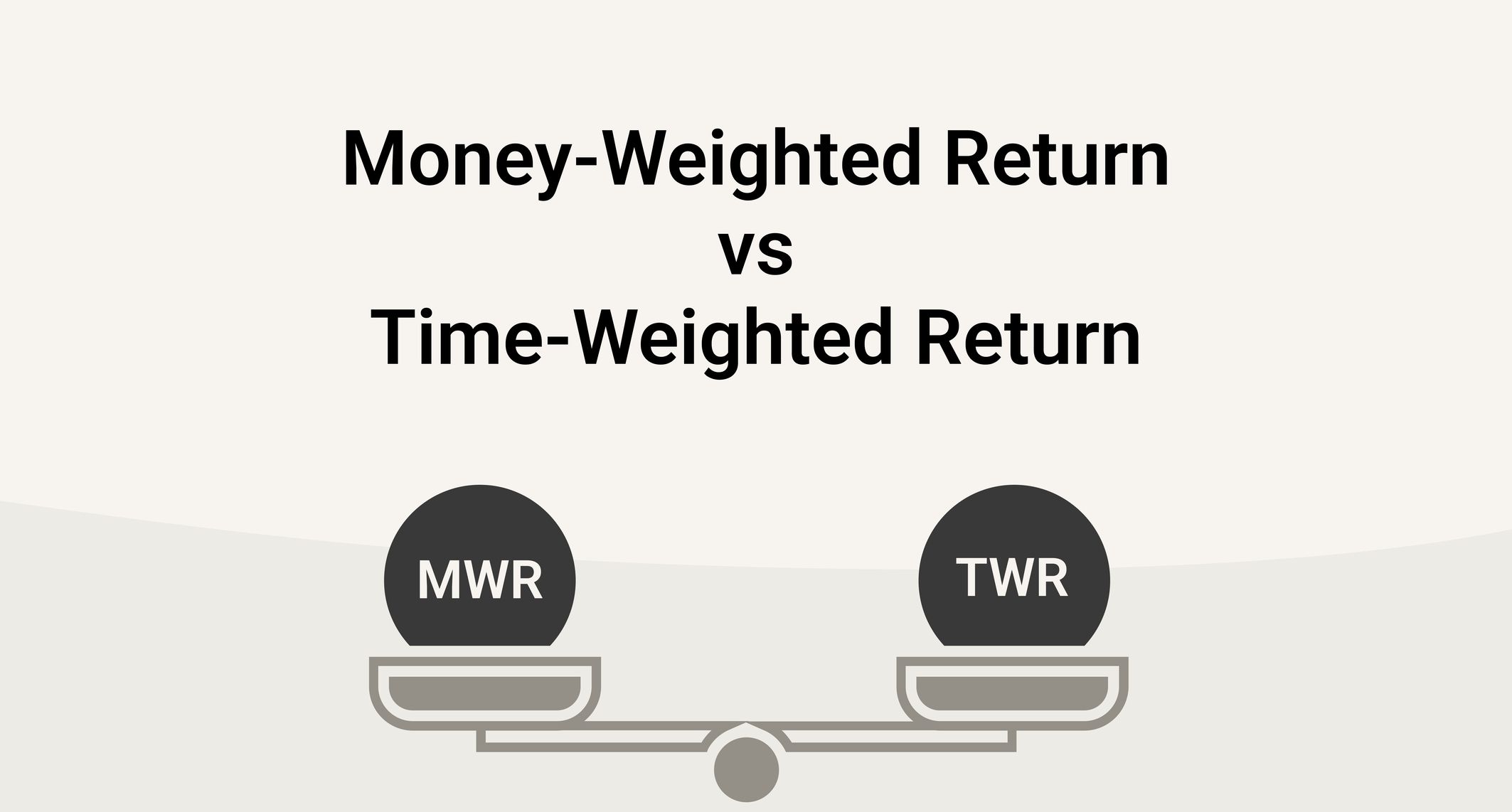10 Finance Strategies: Unlock Your Path to Wealth Mastery
Discover ten effective finance strategies that can lead you on the path to wealth mastery. From creating an emergency fund to regular budget reviews, learn the essential steps to secure your financial future.


Building wealth and achieving financial freedom are goals that many people strive for. However, without the right strategies in place, it can feel like an impossible task.
That's why implementing proven financial strategies is crucial to unlocking your path to wealth mastery. These strategies can help you reach important milestones, such as buying a home, retiring comfortably, or creating a passive income stream.
We will explore ten powerful finance strategies that have stood the test of time. By incorporating these strategies into your financial plan, you will have a solid foundation for long-term wealth building.
1. Emergency Fund: Your Finance Safety Net
Creating an emergency fund is the first and most essential finance strategy on the path to wealth mastery. An emergency fund serves as a financial safety net to protect you and your family during unexpected events, such as job loss, medical emergencies, or car repairs. It provides peace of mind and prevents you from falling into debt when life throws curveballs.
How much money should be in my emergency fund?
Experts recommend saving 3 to 6 months' worth of living expenses in your emergency fund.
Start by calculating your monthly expenses, including housing, utilities, food, transportation, and insurance. Multiply that amount by the desired number of months to save. For example, if your monthly expenses are $3,000 and you want to save six months' worth, you would aim to save $18,000.
Where should I keep my emergency funds?
You should keep your emergency fund in a high-yield savings account or a money market account that offers easy access and a competitive interest rate. Avoid investing this money in risky assets to ensure its liquidity when needed. It is more important that this money is available at any time than having great return.
2. Define your Pathway to Wealth
Setting clear financial goals provides a roadmap for your wealth-building journey. Without specific targets in mind, it becomes challenging to measure progress and stay motivated. By setting financial goals, you create a sense of purpose and direction in your financial decisions.
Set SMART financial goals
When setting financial goals, remember to follow the SMART framework - Specific, Measurable, Achievable, Relevant, and Time-bound. Specific goals define what you want to achieve; measurable goals quantify the outcome; achievable goals are realistic and within reach; relevant goals align with your values and priorities; and time-bound goals have a clear deadline.
Examples of financial goals could include saving a certain amount for a down payment on a house, paying off all credit card debt within a specific timeframe, or achieving a target retirement fund balance by a certain age.
3. Repay your Debt with the Snowball and Avalanche Methods
Debt can be a significant roadblock on the path to wealth mastery. Implementing a debt repayment strategy is essential to eliminate high-interest debt and free up cash flow for wealth-building activities. Two popular strategies for debt repayment are the Debt Snowball and Debt Avalanche methods.
Debt Snowball method
The Debt Snowball method involves paying off debts in ascending order of their balances, regardless of their interest rates. Start by making minimum payments on all your debts and put any extra money towards the smallest debt. Once the smallest debt is paid off, celebrate your victory and move on to the next smallest debt. This method provides psychological motivation as you experience quick wins, but it may result in paying more interest in the long run.
Debt Avalanche Method
The Debt Avalanche method prioritizes paying off debts with the highest interest rates first, regardless of their balances. By tackling high-interest debts earlier, you can minimize the overall interest paid over time. While it may take longer to see tangible progress compared to the Debt Snowball method, the Debt Avalanche approach ultimately saves more money in interest.
4. Investment Diversification: Maximizing Return and Minimizing Risk
Diversification is a fundamental finance strategy that helps minimize risk and maximize returns. Instead of putting all your eggs in one basket, diversifying your investments involves spreading your resources across different asset classes, industries, and geographic locations.
When you diversify, you reduce the impact of a single investment's performance on your overall portfolio. By investing in a mix of stocks, bonds, real estate, and other asset classes, you can potentially offset losses in one area with gains in another. This strategy can help protect your wealth during market downturns and economic uncertainties.
It's important to note that diversification does not guarantee profits or protect against losses. However, it is an effective risk management tool that can enhance the long-term performance of your investment portfolio. Consider consulting with a financial advisor or using online investment platforms to create a well-diversified portfolio suited to your risk tolerance and goals.
5. Building Wealth through Multiple Income Streams
Relying solely on a single source of income can be risky and limit your wealth-building potential. Establishing multiple income streams can provide stability, diversify your earnings, and open up opportunities for accelerated wealth creation.
Find additional income streams
There are many ways to generate additional income streams. For example, you could explore rental income by investing in real estate properties and leasing them out to tenants. Real estate can provide a consistent cash flow and potential appreciation over time.
You can also consider investing in stocks, bonds, or mutual funds that offer regular dividends or interest payments. Another option is to start a side business or monetize a hobby or skill to generate extra income. From freelance work to online businesses, there are countless opportunities to tap into different income streams.
The key to building multiple income streams is to find opportunities that align with your interests and expertise while providing steady cash flow. Continuously evaluate and adjust your income streams to ensure they remain profitable and aligned with your financial goals.
6. Future Security: Boosting Retirement Contributions
Planning for retirement is a key factor in your financial path. Increasing your deposits into retirement accounts, such as 401(k)s, IRAs, and Roth IRAs is an effective strategy to secure future comfort and financial independence.
401(k) plans are a valuable tool to reduce taxable income in the current year and defer taxes until retirement. Traditional IRAs also offer similar benefits, and could potentially be deductibles.
In contrast, Roth IRAs operate differently where the contributions are post-tax but the withdrawals during retirement attract no taxes.
By enhancing your contributions to these accounts, you increase the effect of compounding, potentially leading to robust growth of your retirement savings over time. Connect with a financial expert to map out a personalized retirement savings route suitable for your circumstance.
7. Check Your Money Plan Often
Having a money plan is super important if you want to be great with money. This plan, also called a budget, helps you see where your money comes from and where it goes.
List and reduce all unecessary expenses
To start, think about where your money comes from each month and what you spend it on, like home stuff, rides, food, fun things, and money you save. This helps you see what you're spending too much on and where you can save more! Checking your budget is like having a money health check. It's about seeing if there are things you can change to reach your money goals faster.
8. Real Estate as a Wealth Vehicle
Investing in real estate offers a range of benefits and can be an effective finance strategy for wealth building. Real estate investments can provide ongoing cash flow through rental income and offer potential appreciation over time. Additionally, real estate can provide tax advantages, such as deductions for mortgage interest, property taxes, and depreciation.
How to invest in Real Estate?
There are various ways to invest in real estate, including purchasing rental properties, investing in real estate investment trusts (REITs), or joining real estate crowdfunding platforms. Each method has its own advantages and considerations, so it's important to conduct thorough research and consult with professionals before diving into real estate investments.
As with any investment, real estate comes with risks, including property maintenance and management, market fluctuations, and potential vacancies. It's important to have a solid understanding of the local market, conduct due diligence on properties, and assess the financial feasibility of the investment before committing.
9. Tax Planning: Pay Less, Keep More
Tax planning is a critical aspect of financial strategy that can significantly impact your wealth accumulation. By implementing effective tax planning strategies, you can minimize your tax liability and maximize your after-tax income.
Use IRA & 401(k) in priority
One common tax planning strategy is taking advantage of tax-advantaged retirement accounts, such as IRAs and 401(k)s that we discussed earlier. Contributions to these accounts can reduce your taxable income, potentially lowering your overall tax liability.
Deduce taxes when you can
Another strategy is utilizing tax deductions and credits available to you. This might include deductions for mortgage interest, charitable contributions, or educational expenses. Stay informed about changes to tax laws and review your eligibility for these deductions and credits each year.
Consider consulting with a tax professional or financial advisor who can help analyze your specific tax situation and provide guidance on strategies to reduce your tax burden legally and effectively.
10. Stay Ahead: Lifelong Financial Learning
The final finance strategy on the path to wealth mastery is continuous learning and education. The financial landscape is constantly evolving, and staying informed is crucial for making informed decisions and adapting to market conditions.
Make a commitment to continuously educate yourself on personal finance, investment strategies, economic trends, and wealth-building techniques. Read books, listen to podcasts, attend seminars, and follow trusted news sources to expand your knowledge and keep up with industry developments.
Reading this blog is already a good step!


